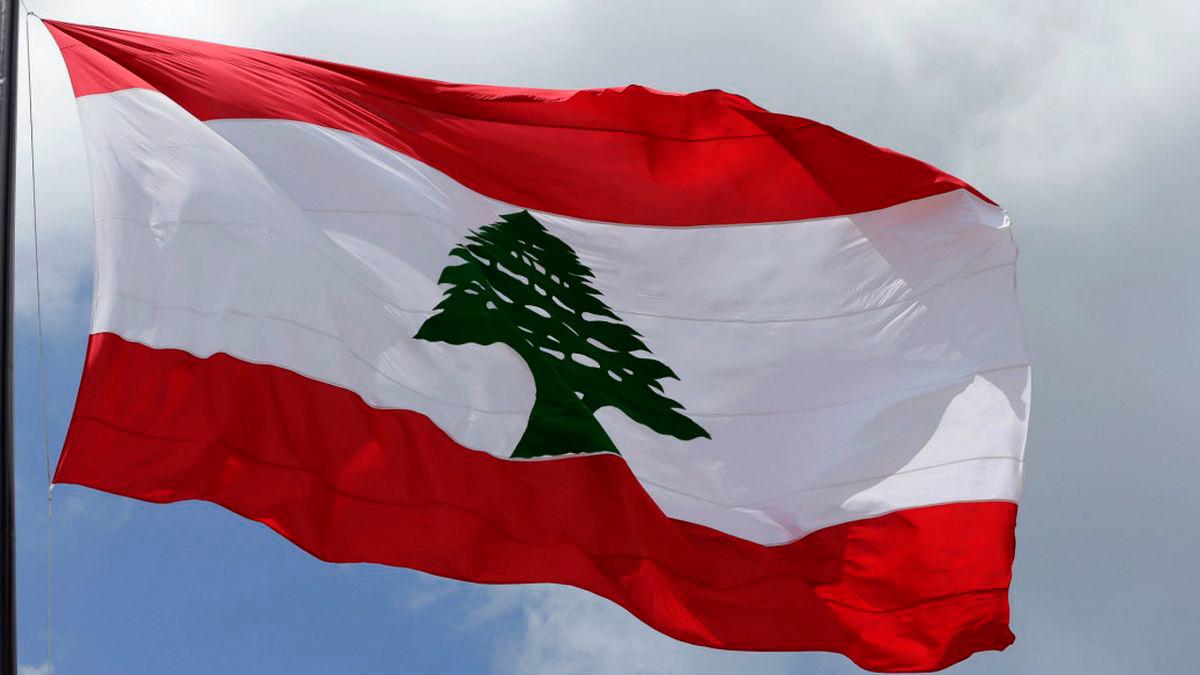BEIRUT: Lebanon seeks guarantees that Israeli forces fully withdraw from Lebanese territory in response to a US demand that Beirut formally commit to disarming militant group Hezbollah, a Lebanese official said Monday.
Lebanese leaders who took office in the aftermath of a war between Israel and Hezbollah last year have repeatedly vowed a state monopoly on bearing arms while demanding Israel comply with a November ceasefire that ended the fighting.
The Lebanese government official told AFP that in a recent visit, US envoy Tom Barrack had presented the demand for Beirut to officially commit to start disarming the Iran-backed group as stipulated in the November agreement, along with a full Israeli withdrawal.
President Joseph Aoun, Prime Minister Nawaf Salam and parliament speaker Nabih Berri -- who is a key Hezbollah ally -- “are preparing a response”, said the official on condition of anonymity as they were not authorised to brief the media.
With Barrack, Washington’s ambassador to Turkey and special envoy to Syria, expected back in Beirut by mid-July, the Lebanese leaders “will demand a halt to Israeli violations of the ceasefire, Israel’s withdrawal from southern Lebanon, the release of prisoners (detained during the war) and the demarcation of the border”, said the official.
According to the official, Barrack in his June 19 visit also asked that Lebanon work on securing its border with Syria and pursue economic reforms demanded by international creditors.
Aoun and Salam took power early this year as the balance of power shifted following the Israel-Hezbollah war that left the militant group -- long an important player in Lebanese politics -- severely weakened.
Lebanese authorities say they have been dismantling Iran-backed Hezbollah’s military infrastructure in the south, near the Israeli border.
Israel has continued to strike Lebanon despite the November ceasefire, claiming to hit Hezbollah targets and accusing Beirut of not doing enough to disarm the group.
According to the ceasefire agreement, Hezbollah is to pull its fighters back north of the Litani river, some 30 kilometres (20 miles) from the Israeli frontier.
Israel was to withdraw its troops from all of Lebanon, but has kept them deployed in five points it deemed strategic.
Meanwhile Israeli Foreign Minister Gideon Saar said on Monday that his government was “interested” in normalising ties with Lebanon and neighbouring Syria, which both do not recognise Israel and have been technically at war with it since its creation in 1948.
There was no comment from Beirut or Damascus, but the Lebanese government official told AFP normalisation was not among the US envoy’s demands.









